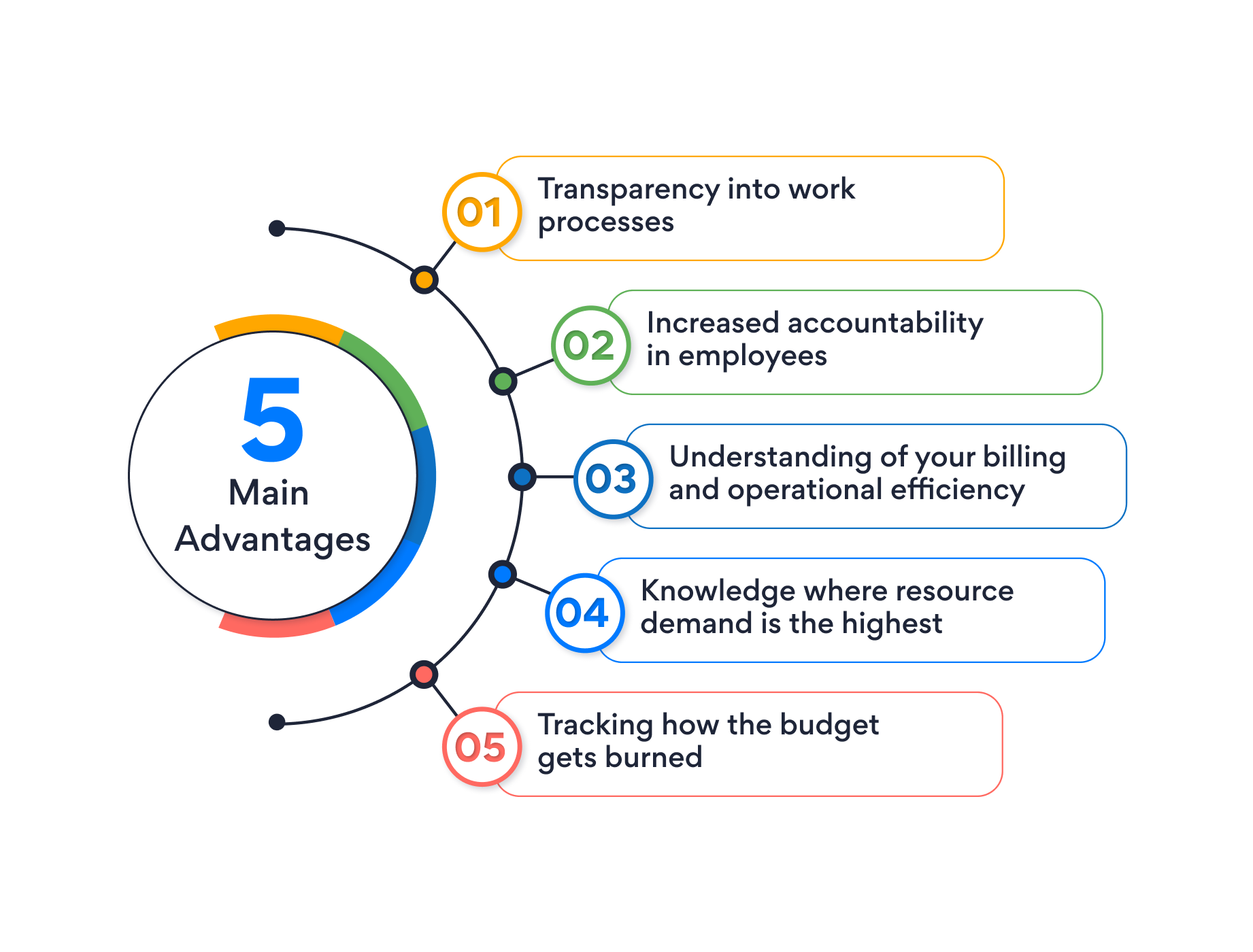UBS App is now Superworks
If you’ve never monitored time before, you might be startled to learn that many professional timekeepers believe it to be the soul of their company. It’s one of their most crucial responsibilities, on par with payroll, accounting, and project management.
That’s because time tracking software hits on some of your company’s most crucial areas.
It’s like X-ray vision for your tasks, and it not only helps you get paid if you charge hourly. It tells you if the task you’re performing is profitable or if you’re wasting money.
It tells you if things are on pace to meet budgets and deadlines, as well as if your staff is operating efficiently.

Let’s start from the beginning. The process of time tracking is used by companies to keep track of their employees’ working hours This measurement of project or job hours is then used to ensure that personnel are reimbursed appropriately.
Time entries aren’t just for payroll; they’re also a secure tool for managers to track where their employees’ time is going and how long it takes them to finish a task.
Once you have figured out which jobs take much time, you might consider whether that time was spent effectively.
The most time-consuming tasks aren’t often the ones that take the greatest effort or provide the most benefit. Very often, the opposite is true.
Utilizing Time Tracking Tool With 5 Tips For Better Efficiency
Some people do not believe in the concept of timekeeping. They either don’t require it or dislike it. Others, however, see it as a necessity.
Many freelancers, service providers, and corporations that hire hourly employees or interact with experts that bill by the hour require time monitoring.
Therefore, the main benefit of using time tracking software is to keep track of the amount of time spent on different activities, tasks, or the overall project.
This makes it easier to keep track of and handle team members’ workloads, as well as effectively distribute resources.
Timesheets and reports for clients and stakeholders are another important part of employing time tracking software. It provides information about the project’s progress and health. This enhances teamwork and communication.
Time tracking software is primarily used to improve efficiency, project management, allocation of resources, billing, and project profitability measurement.
However, due to its extensive capabilities, individuals and businesses can utilize it for a variety of objectives and tailor the system to their specific requirements.
Many employees may find the insights gained through time tracking to be eye-opening.
How much of your time do you waste surfing the web, going through your mailbox, or searching through a stack of files for that one document?
These are sometimes seen as small daily operations, but when added together, they are likely among the most time-consuming non-billable activities in your workweek.
Is this rational?
According to a Harvard Business Review report on timesheet filling, the US economy loses $7.4 billion each day in productivity due to employees who don’t record their hours.
For some individuals, keeping track of time is a huge plus. Many people find it easier to stay profitable if they can correctly track their work hours. But there’s more to it than that.
The following are some of the various advantages of time monitoring for businesses:

When you make time registrations a part of your daily routine, you’re naturally increasing the transparency of your company.
It allows you to stay on top of the working process by providing information about the jobs that are being accomplished and how long they will take.
Additionally, you begin to see which duties are continuously put on the back burner and begin to prioritize work more effectively. Employees will eventually benefit from time tracking software technologies since they will be able to see the big picture.
They may look back on their tasks and improve productivity when necessary, all while keeping track of what everyone else is up to.
Employees are more attentive since they understand they have to disclose hours spent on assignments if they don’t register their time.
Everyone recognises the clock is running at this point and strives to be as productive as possible.
Employees will begin to see trends and patterns in their work hours if they look at their week, and they will strive to reduce non-billable work.
The capacity to reflect and change is what time tracking software provides to the team.
Consider the following questions:
When you’ve answered some of these questions, think about whether there’s anything that could be improved to make your workflow more efficient and effective.
It should be changed. All of these are crucial questions to ask yourself and your team. Schedule your time based on the priority of each task.
If you are in the service industry, time tracking software is essential for increasing operational efficiency because it feeds into your billable usage report and shows the overall productivity of both individual contributors and the overall organization.
You may keep track of how much time you spend on client work and bill accordingly this way. In fact, increasing billable hours leads to a more prosperous business.
The amount of time spent is an important indicator of the amount of resources required. It identifies whether a department requires additional labor or other inputs, as well as who contributes the greatest value to the team.
This is critical information for the team as well as the corporation. It’s possible that only one individual does the majority of the labor. In that case, perhaps something needs to be altered to bring everyone up to the same level, such as responsibility and workload redistribution or sharing.
Keeping track of your project’s budget is a complex task. What’s the best way to do it?
It’s time to track time once more! You won’t have to take any special precautions to figure out how much of the money has already been spent as employees fill out timesheets logging time on projects and tasks.
All that is left to do now is to confirm that the rate cards and hourly expenses are accurate.
In general, employee time tracking software provides a more objective, deeper insight into your organization, which may be used to make decisions.
There are 2 types of Time Tracking, Personal time tracking and Project time tracking. However, Personal time tracking should not be confused with project time tracking. The following is the distinction between the two.
Multiple software alternatives are available to help you keep track of your digital time.
UBS is an example of a program that can track your digital time across many devices.
The time is subsequently categorized, and important insights and a productivity score are offered. With Workday integration, users can seamlessly track their tasks, view their productivity scores within the Workday dashboard, and gain real-time insights. This allows them to evaluate their workday from week to week, learn from mistakes, and adjust routines accordingly.
Those solutions are fantastic for personal time monitoring or small teams, but they aren’t yet scalable or efficient enough for a team of tens, hundreds, or even thousands of people.
The solutions don’t have a direct link to projects and tasks, and they’re not coupled with other important information like your schedule and resources. In such conditions, it is just ineffective.
Time tracking directly on tasks, on the other hand, is a better alternative for larger firms. This is most commonly done in project- and resource-management solutions.
They make it easy to handle all of your work throughout projects and the company, giving you and your team vital insights into how to effectively manage time in the future.
It is important to consider how everyone will react to timekeeping before introducing it. Monitoring someone’s activity at work is rarely well received.
Despite so many benefits, any kind of time management reporting is likely to cause resistance from the team, as a result of the feeling that they will be watched all the time.
This reaction stems from a lack of awareness of how the data will be used. Some people may be concerned that their timesheets will be used against them or that they are being used to micromanage them.
As a boss, it is your responsibility to facilitate the discussion about time tracking and thoroughly explain the use cases. We can’t emphasize enough how important communication is in navigating change.
Explicitly stating the underlying motivations for establishing time monitoring can help you gain team support.
Great leaders go to considerable pains to demonstrate that time tracking is advantageous to both individuals and businesses.
Team members can use time monitoring tools to work toward their own and shared goals, putting their time where it matters the most, both personally and professionally.
Managers can utilize the time tracking data to acquire a detailed picture of their team’s peak performance, average well-being and productivity, and even work distribution.
As an executive, use time monitoring insights and information to steer your company to the next level, implement strategy, and guarantee that every single manager and team member knows and pulls the organization together, not apart, together for the same mission and vision. Business success is a result of this formula.
We are here to help you find a solution that suits your business need.
Get a visual representation of how we work!
Schedule DemoOur sales expert is just one call away to meet your needs.
Get In TouchHave a question?
Chat with Us